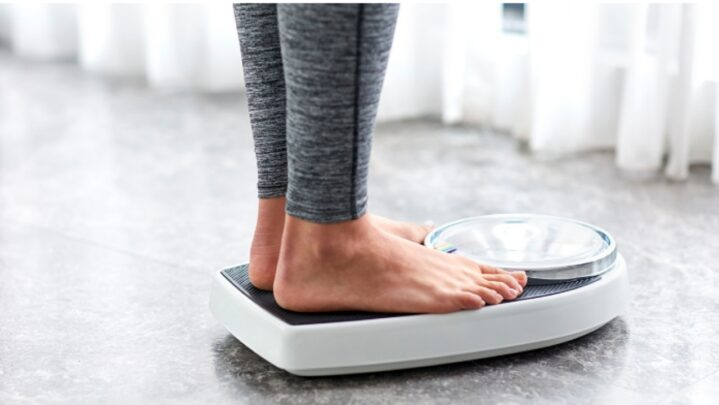Keep an eye on your portion sizes.
Smaller amounts can help you avoid overeating and allow you to incorporate more of the meals you enjoy into your daily routine. The American Heart Association reminds people that serving sizes and portion sizes are not the same thing, and you can learn more about the distinctions here.
Consume nutritious foods.
If you aren’t careful, foods heavy in sugar and calories might contribute to weight gain. Fruits, vegetables, and whole grains are examples of foods that are high in nutrition and taste. You don’t have to give up your favorite foods in order to take care of your body–fine it’s to indulge in a few cheat meals or days every now and then.
Increase your water intake.
Water, coupled with consuming healthy foods and exercising on a regular basis, can help you maintain a healthy weight. Drinking water on a daily basis, according to the Obesity Society, can help you lose weight and change your body fat percentage over time.
Keep a food diary.
Many people are oblivious to how many calories they consume, which is why it’s critical to measure and monitor your overall daily calorie intake. You must expend more calories than you consume in order to lose weight.
Exercise on a daily basis
The quantity of energy you consume and expend has an impact on your body weight. You must use as much energy as you ingest to maintain your present body weight; to lose weight, you must use more energy than you consume. Find a decent workout routine that combines cardio and weight training. Daily exercise has more benefits than just keeping your weight in check; it also helps your body function at its optimum by building muscle, strengthening your heart, and improving your overall health.
Also Read: 5 Signs To Make Your Relationship Healthy





